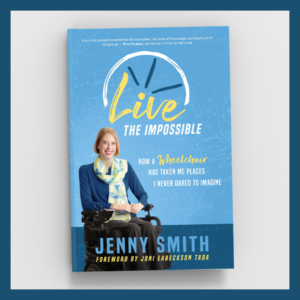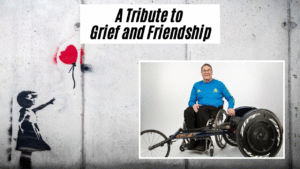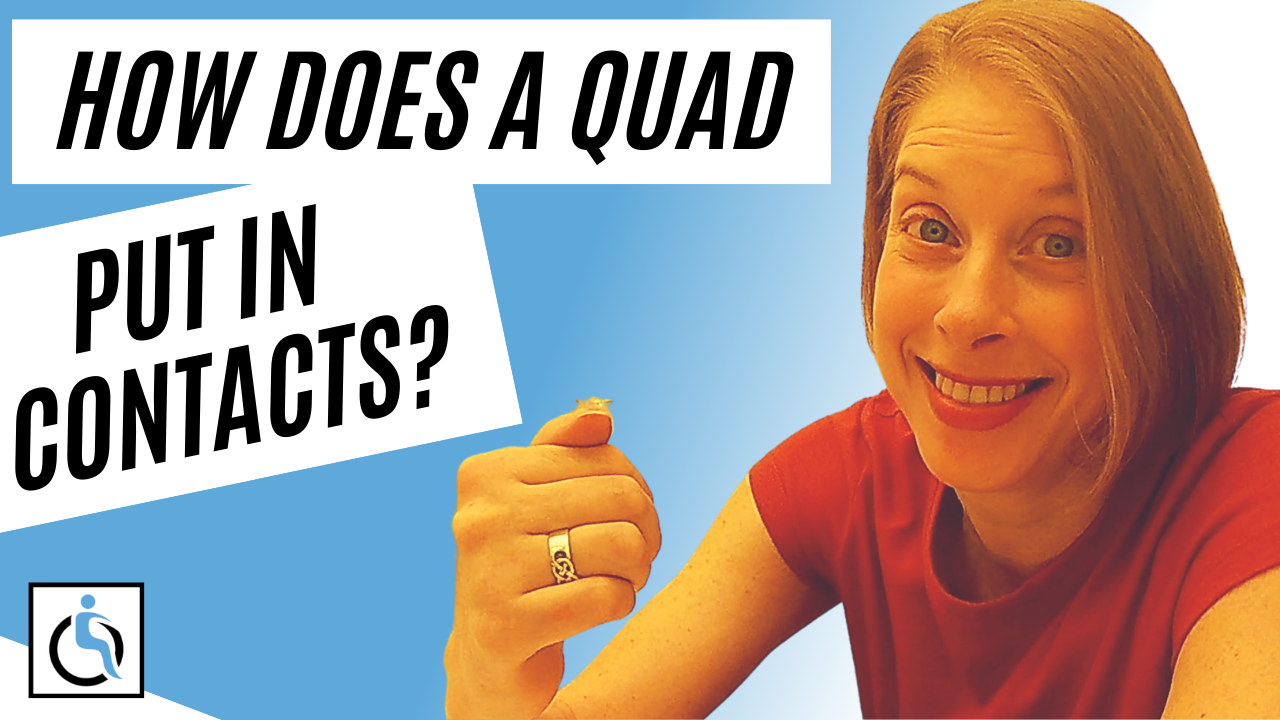I choose to celebrate my anniversary. Let me clarify that statement: I celebrate the people around me who have allowed me to live a life that I once thought was impossible.
Below is my answer to a friend who asked for my advice on how to commemorate the one-year anniversary of her spinal cord injury. This is an excerpt from my book Live the Impossible.
My phone chimed with an incoming text message one night while I was washing off my makeup. It was Sydney, a nineteen-year-old woman with a new spinal cord injury. I’d met her recently in a restaurant parking lot, and we discovered we had mutual friends when I noticed she was using one of my old wheelchairs. I gave Sydney my number and told her to text if she had any questions or to call if she wanted to talk. She had reached out several times since then, asking common questions about life with a spinal cord injury. I wondered what she was thinking about tonight.
I read her text message:
I pondered her question as I brushed my teeth, changed into my pajama top, and transferred into bed using a sliding board—activities that at one point had been impossible for me to do by myself.
I reflected on the first few years after my injury. Those anniversaries were the hardest as I looked back and craved the life I used to live. A life full of independence, physical ability, and freedom in its many forms.
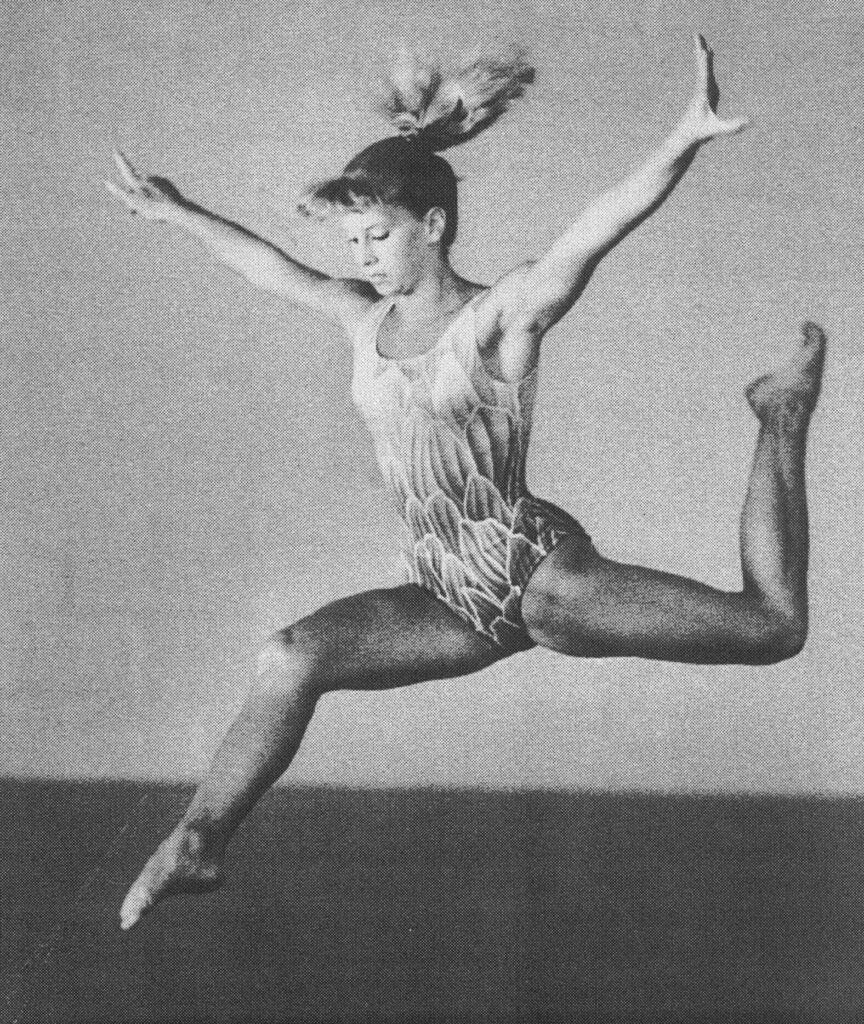
For the first several years after my accident, my losses were greater than my accomplishments. I depended on others for my every physical need. I had lost my identity as an athlete and floundered as I tried to figure out who I was as a person with a disability. I hated the changes I saw in my body. It took years to accept I was never going to walk again. It took even longer before I could accept myself without needing to prove my worth to the people around me. Life was hard. Well, let me be honest: life is still hard.
I settled into bed, pulled up the blankets, and read Sydney’s text message again: “The one-year anniversary of my injury is tomorrow . . . Do you have anything you do to get you through the day?” I whispered a short prayer for wisdom before I started typing.
I certainly have had my share of anniversaries. The first couple of years are the hardest. The good news is that it gets easier. Here are a few things I’ve learned:
1. Grieve your losses. Allow yourself to acknowledge the fact that you have lost a lot. During the first several years, I would go back and look at my journals or pictures from the days/weeks leading up to my injury. The memories are bittersweet.
2. Celebrate. I don’t mean celebrate your injury. It sounds like your family has been really supportive. Celebrate them. Do something special. Celebrate your friends who are with you and supporting you. I am where I am today only because of the people who have supported me.
3. Count your blessings. I don’t want this to sound overly simplistic or spiritual. But look back over the past year and see how God has provided the people He’s placed in your life and the new experiences you’ve had. Yes, we need to grieve our losses, but we can learn so much through the trials. Searching for the positives, even if it’s little things, will remind you that God is still with you in the midst of tragedy.
I don’t know if my advice was helpful to Sydney, but writing out those three points summarized the past thirty years of my life. Grieve. Celebrate. Count your blessings.
Tips for the anniversary of a spinal cord injury:
- Reminisce. It’s okay to look back at old photos, read journals, and remember what you were doing on the days leading up to the injury. This allowed me to grieve my losses. Sometimes there were happy tears, sometimes sobs of heartache.
- Don’t stuff your feelings. Unfortunately, I perfected this one. In my experience, this was especially difficult because, as a higher-level injury, I had so little privacy. If anger or sadness came out, typically my family was on the receiving end. They didn’t deserve that.
- Not sure where to begin? Talk with a counselor or trusted friend. Name the tangible and intangible losses you have experienced.
- But my friends have abandoned me. Reach out to them, if appropriate. Remember that your injury impacted those around you. Read How My Spinal Cory Injury Affected My Best Friend.
- Talk with a peer mentor. People who have experienced a spinal cord injury understand. Hopefully, they can sit with you and simply say, “I get it.” Look for a peer mentor through your local rehab hospital, Backbones, More than Walking, or the Reeve Foundation.
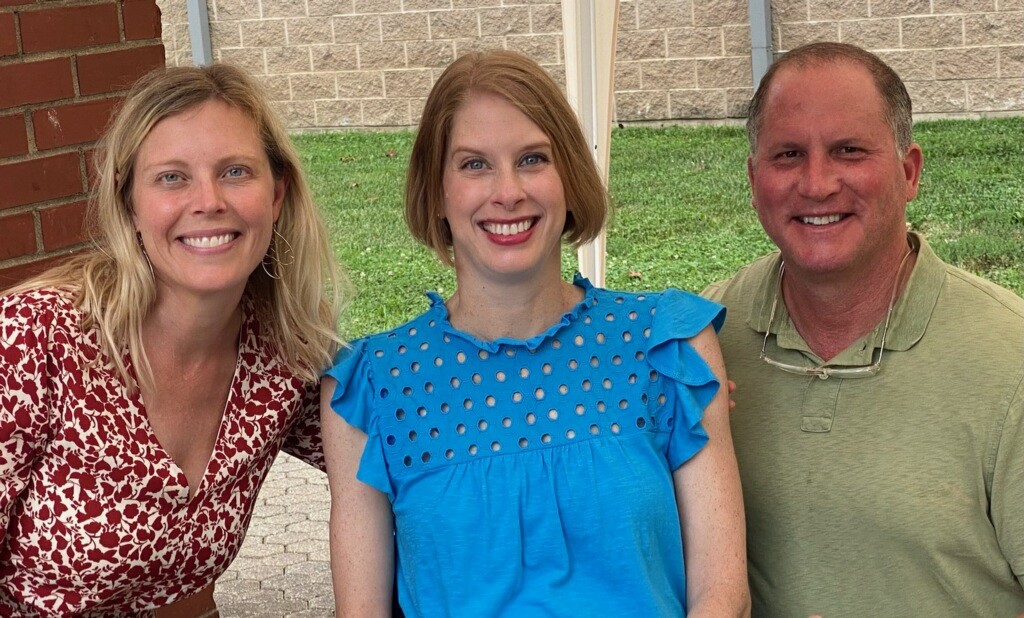
Celebrating the 32nd anniversary of my injury with my friends at a launch party for my book.

